Blog
why do they call it pickleball
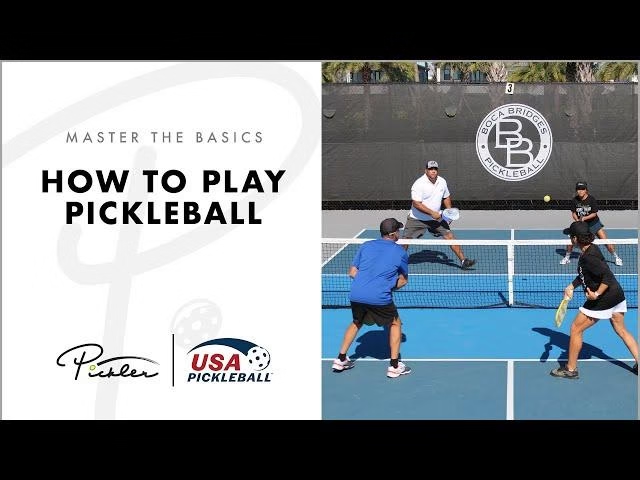
Why Do They Call It Pickleball? Unraveling the Quirky Name of America’s Fastest-Growing Sport
If you’ve ever found yourself on a vibrant court, paddle in hand, watching a game of pickleball unfold, you may have pondered a curious question: why is it called pickleball? With its distinctive blend of tennis, badminton, and ping-pong, this energetic sport has captured the hearts of players across the globe. Yet, its name—evocative of dill spears and brine—provokes intrigue and amusement. In this article, we’ll delve into the origins of the name “pickleball,” exploring both the playful legends and the historical context that led to this captivating title. Whether you’re a seasoned player or simply curious about the phenomenon, join us as we unpick the story behind the name and discover what makes this game so uniquely delightful.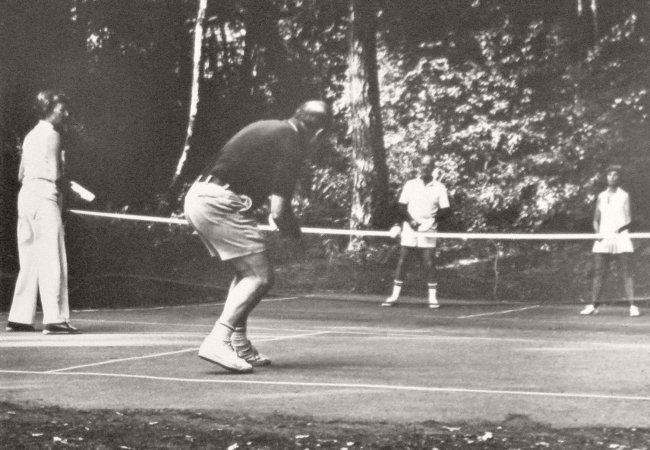
Exploring the Origins of the Name Pickleball
The name “pickleball” has intrigued many, leading to various amusing stories about its origin. One popular theory suggests that it was named after the family dog of one of the game’s co-creators, Joel Pritchard. The dog, named Pickles, would chase after the balls and hide them in the bushes, thus earning the sport its quirky name. However, this tale, colorful as it may be, has been disputed by others in the pickeball community. They argue that the name actually derives from the term “pickle boat,” which refers to a crew in rowing competitions that is made up of leftover oarsmen from other boats, signifying the game’s combination of different sports elements.
Furthermore, the origins of terms often reflect the creativity of their inventors. The game melds elements from tennis, badminton, and table tennis, resulting in an engaging and dynamic playstyle. The merging of multiple influences is fittingly analogous to the pickle boat concept, enriching the narrative behind the name. whether the name “pickleball” stems from a lovable canine or a boat of discarded oarsmen, it undeniably adds a layer of charm to this exciting sport. The lighthearted name continues to spark curiosity, proving that the origins of words can be just as entertaining as the games they represent.
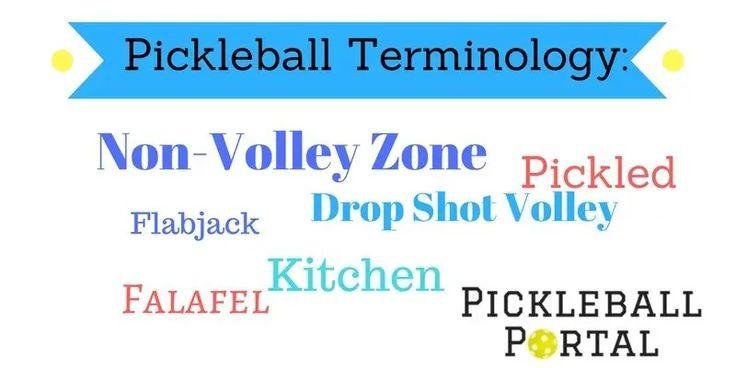
Unpacking the Myths Behind the Pickleball Terminology
Pickleball’s quirky name has led to a myriad of myths over the years. Many assume that it stems from the iconic pickle, but this is only one of several theories that have surfaced since the sport’s inception in the 1960s. One popular tale suggests that the game was named after the dog of one of the sport’s creators, who reportedly loved to chase after the balls. Others believe it references the ‘pickle boat’ in rowing, where leftover oarsmen from different crews would combine to form a new team. These narratives highlight the playful spirit of the sport while hinting at its humble origins.
To further clarify the origins of the term, let’s look at some common beliefs vs. the reality:
| Myth | Reality |
|---|---|
| Named after a dog | Possibly, but not definitively! |
| Related to the vegetable | There’s no evidence to support this. |
| Inspired from rowing terminology | It could be a factor, but remains unconfirmed. |
Despite the uncertainties surrounding its origin, what remains clear is pickleball’s ability to unite players from all walks of life, fostering a sense of community in a sport that continues to evolve. The terminology and myths associated with it only add to its charm, inviting newcomers to explore the narrative while they pick up a paddle and join the fun.
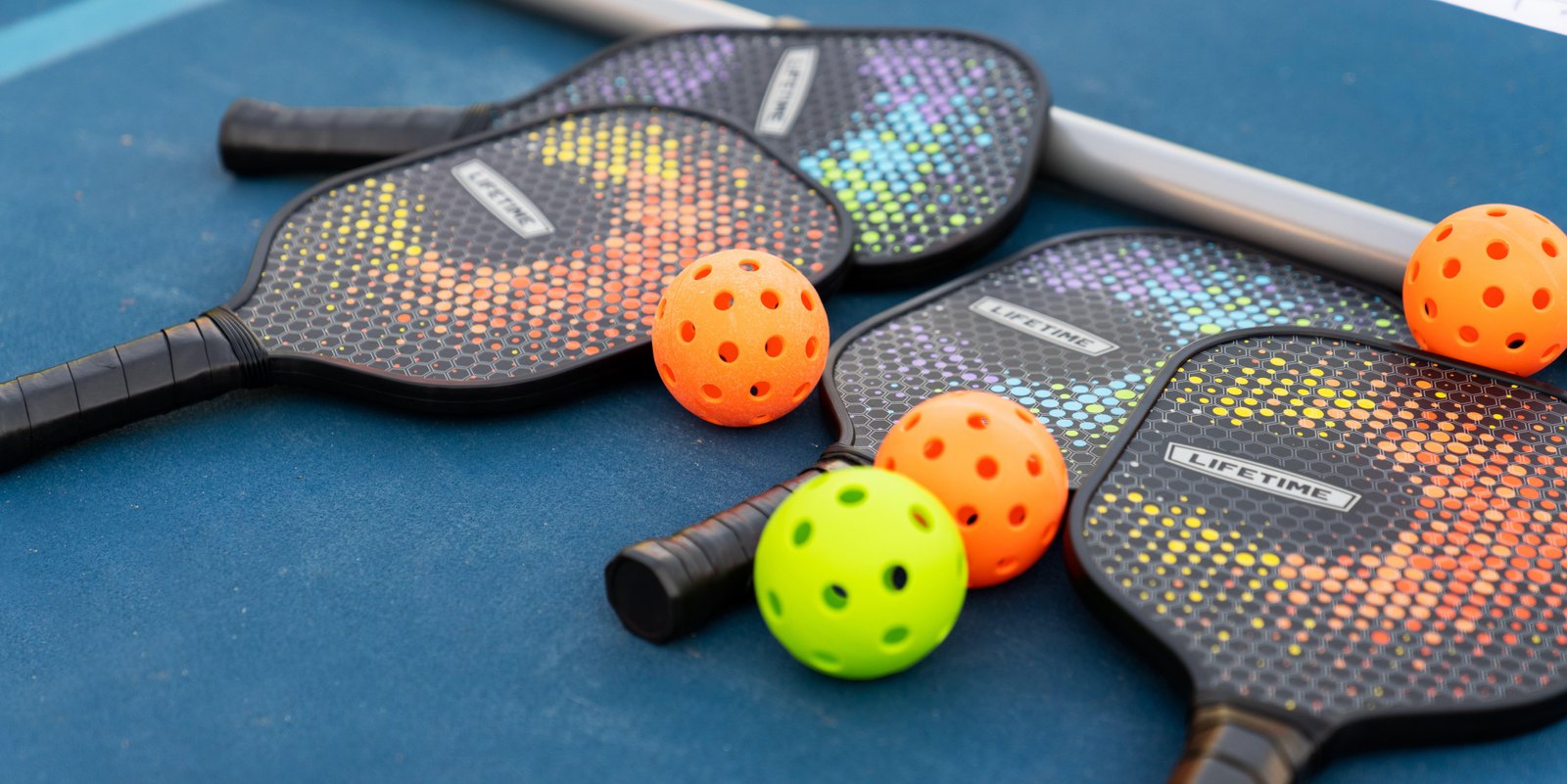
Cultural Influences and Their Role in Naming Pickleball
Pickleball, with its playful name and dynamic gameplay, is a reflection of various cultural influences that shaped its identity. Originating in the mid-1960s in the United States, the sport has roots in multiple traditions, from badminton to tennis. The eclectic mix of backgrounds not only influenced its rules and style of play but also the way the sport was perceived and marketed. Key societal elements, such as the rise of recreational sports and a growing emphasis on family-friendly activities, helped embed pickleball into community gatherings, allowing it to flourish within diverse demographics.
The name “pickleball” itself is the subject of anecdotal stories that highlight its cultural significance. Several theories exist regarding the origin of the name, including the possibility that it was inspired by a beloved family dog named “Pickles” who would chase after the errant balls. This charming narrative underscores the importance of community and familial connections in the sport’s evolution. Other interpretations of the name suggest ties to the “pickle boat” in rowing, where leftover players from other teams come together, symbolizing the game’s spirit of inclusivity and fun. pickleball serves as a unique intersection of culture, playfulness, and community bonding.
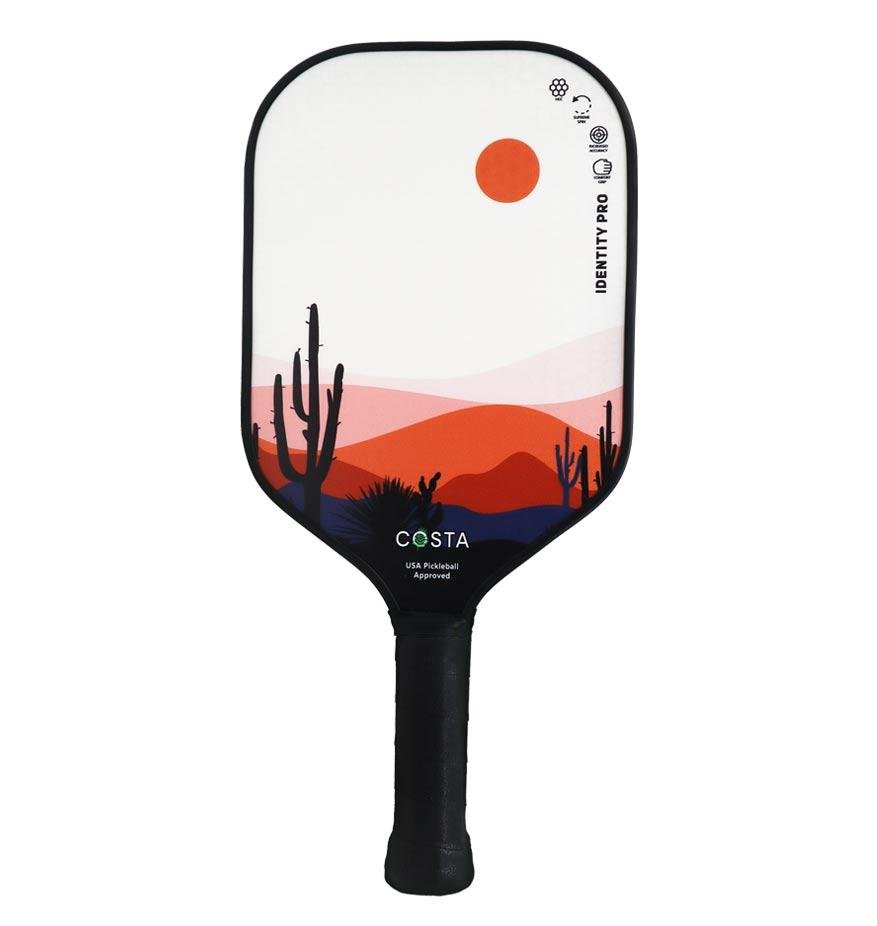
Recommendations for Embracing the Pickleball Identity
To fully embrace the pickleball identity, consider immersing yourself in the culture and community surrounding this growing sport. Start by joining local clubs or leagues to connect with fellow enthusiasts who share your passion. Engaging in regular matches not only hones your skills but also fosters friendships that extend beyond the court. Check out community events or tournaments to experience the camaraderie and fun that make pickleball uniquely enjoyable. Make it a point to wear your gear with pride—don your favorite branded apparel or customize your paddles to reflect your personality, helping you feel connected to the sport’s vibrant community.
Alongside connecting with others, deepen your understanding of the game by exploring its history and the quirky terminology associated with it. Attend workshops or watch tutorial videos to learn advanced strategies, while also appreciating the sport’s lighthearted nature. Embrace the whimsical side of pickleball through themed gatherings, where you can celebrate with themed attire or engaging challenges. This playful approach not only enhances your experience but also embraces the essence of what makes pickleball special. Here are a few ideas to incorporate into your journey:
- Organize local pickleball meetups to encourage play and friendship.
- Host themed pickleball parties to enjoy the lighter side of the sport.
- Participate in social media challenges related to pickleball for fun and engagement.
Q&A
Q&A: Why Do They Call It Pickleball?
Q: What is pickleball?
A: Pickleball is a paddle sport that combines elements of tennis, badminton, and table tennis. It’s played on a court similar to a tennis court but smaller, with a net that’s lower than a tennis net. The game is typically played with two or four players using solid paddles and a lightweight plastic ball with holes.
Q: So, why is it called “pickleball”?
A: The origins of the name “pickleball” are actually rooted in a delightful mix of storytelling and a dash of whimsy. According to one popular tale, the sport was named after the family dog of one of the co-inventors, Joel Pritchard. The story goes that when the game was created in 1965, the Pritchard family’s dog, Pickles, loved to chase after the ball, thus earning the sport its playful name.
Q: Is there any other explanation behind the name?
A: Yes, there’s another theory! Some believe that the term “pickleball” comes from the term “pickle boat,” which refers to a crew that is made up of the leftover players from other boats. This reflects how pickleball was created by taking elements from various sports. The name symbolizes the sport’s eclectic inspiration and diverse roots.
Q: Which explanation is more widely accepted?
A: Both explanations have their supporters; however, the story of Pickles the dog tends to be the more charming and popular narrative. In any case, it’s clear that the name adds a fun and quirky element to the game, which mirrors the lighthearted nature of pickleball itself.
Q: Does the name affect the popularity of the sport?
A: The unique name certainly adds to the sport’s appeal and contributes to its friendly and relaxed atmosphere. Pickleball is enjoyed by players of all ages and skill levels, and the catchy name has helped it gain traction in recreational centers, communities, and schools across the United States and beyond.
Q: Is there any significance to the naming of other sports?
A: Absolutely! Many sports have names that reflect their history, culture, or even quirky anecdotes, much like pickleball. The naming often gives insights into the sport’s origins and the personalities involved in its creation, enriching the narrative around each game.
Q: Are there any resources for learning more about pickleball?
A: Yes! There are numerous websites, books, and local clubs dedicated to pickleball that provide information on its rules, gameplay, and history. Whether you’re looking to play or just learn more, the community around pickleball is welcoming and full of eager participants ready to share their love for the game.
Closing Remarks
As we wrap up our exploration of the curious name “pickleball,” it’s clear that the origins of this spirited sport are as layered as the game itself. From the playful anecdotes surrounding its inception to the theories that connect the name to the beloved briny cucumber, pickleball’s moniker invites a sense of whimsy and intrigue. Whether you’re a seasoned player or a curious newcomer, the story of pickleball serves as a reminder that the joy of sports often comes wrapped in a quirky name, rich history, and a community spirit. So next time you swing your paddle or dive for a shot, take a moment to savor the delightful mystery behind the game’s title—after all, it’s not just about the points on the scoreboard, but the tales we share along the way. As pickleball continues to grow in popularity, may its name always evoke a smile and a sense of fun, just like the game itself.












